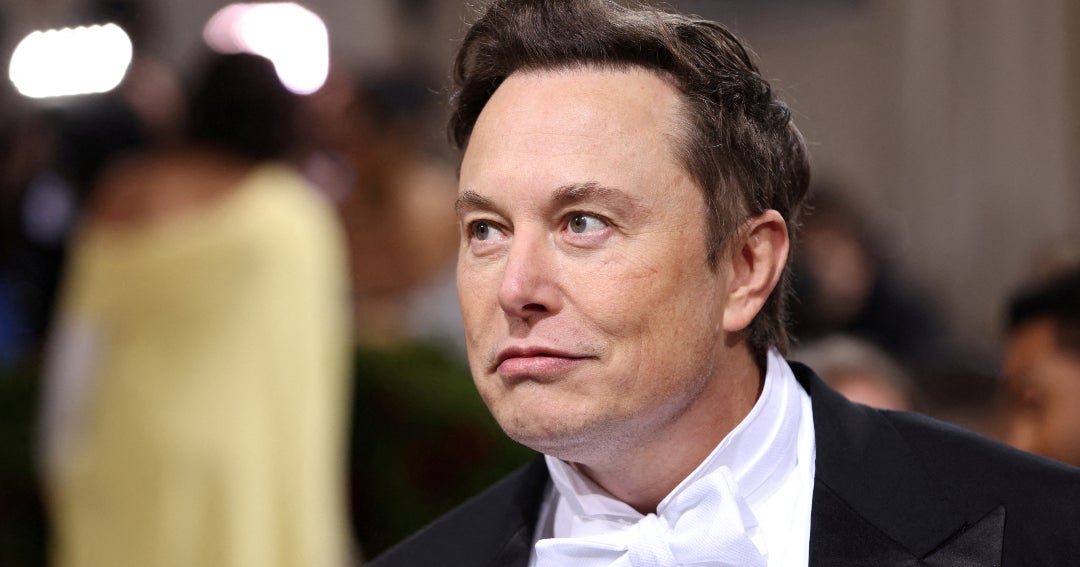Recently, US President Joe Biden said the US would defend Taiwan if the Chinese government attempted to invade it. These remarks did not go well in Beijing, where they were considered inappropriate and a violation of the “one China” policy. Similarly, the government of the Asian giant responded to Biden stating that China “reserves the right to take the necessary measures to defend its sovereignty”.
These statements come after Nancy Pelosi’s trip to Taiwan that has greatly increased geopolitical tensions between the two powers. Paradoxically, in their desire to be hard on China, Biden and Pelosi have given Xi Jinping a workhorse and source of legitimacy for his candidacy for a third term as leader of the Chinese Communist Party.
According to Graham Allison in his book Destined for War, one of the main differences between the West and China is that, in the former, the values of individualism, freedom, democracy, free market, among others, are fundamental. The second, for its part, above all values the authority, hierarchy and primacy of the State over society and of society over the individual. Allison also points out that, for Chinese citizens, the legitimacy of a government lies not in elections or in an agreement between citizens to choose who will be the ruler, but in the results of the government. Despite the abuses against the civilian population and the extreme obedience demanded by the government of the citizens, the position of Xi Jinping and the Communist Party is secure, as long as it is considered that the government is doing a good job and economic growth continues.
Now, it is important to note that China’s economic growth has been driven primarily by demographic factors, which are of concern today. According to Charles Goodhart and Manoj Pradhan in their book The Great Demographic Reversal, one of the advantages China had in the 1970-2005 years is that its working-age population has grown exponentially. This therefore meant that the dependency ratio, which measures the proportion of people dependent on the active or working-age population, was low at the time. Today, that rate has risen significantly, putting China’s future economic growth at risk. For this reason, in addition to strict zero-covid policies, the IMF estimates that China will only grow 3.3% this year. It is equally worrying for the Chinese government that youth unemployment (aged between 16 and 24) stands at 19.3%, the highest level since the government began publishing this data.
Therefore, Xi Jinping, seeing that population growth will affect its ability to generate significant economic growth, needed a new source of legitimacy and the United States handed it to him on a golden platter, Taiwan. It is no secret that China regards the neighboring island as a rebel colony and part of its territory. However, since 1996, there hasn’t been a time when tensions are so high. Although some experts say that a Chinese invasion of Taiwan would take about 5-10 years, the New York Times recently reported that there are people within the government who believe that Beijing will try to invade Taiwan in the next year and a half. A war between China and Taiwan, according to the RAND Corporation, would cost the United States about 5% -10% of GDP, considering that Taipei is home to the largest microchip company in the world, and economic dependence on Taiwan. United States and the rest of the world.
That is why President Biden and House Speaker Pelosi must be more astute in formulating foreign policy. As Niall Ferguson said, it is not strong countries that start wars, but those that know that time is not in their favor, and in China, taking into account the demographic and economic decline, the conquest of Taiwan can become a goal now. or never
–


